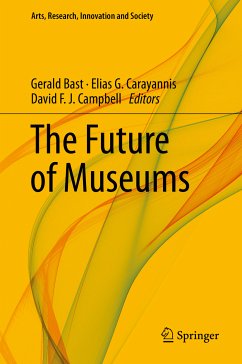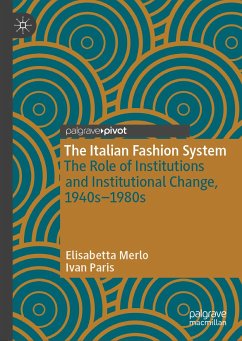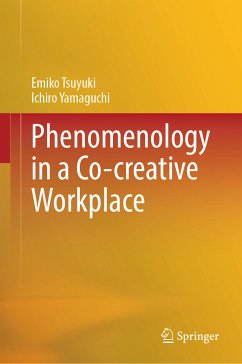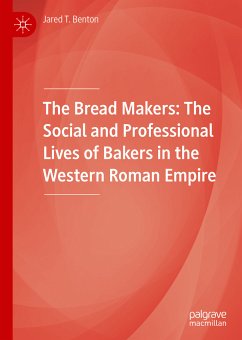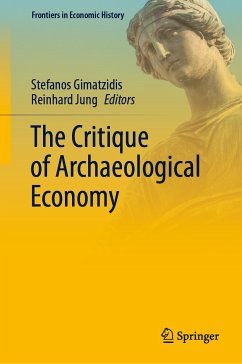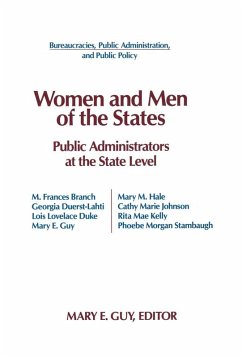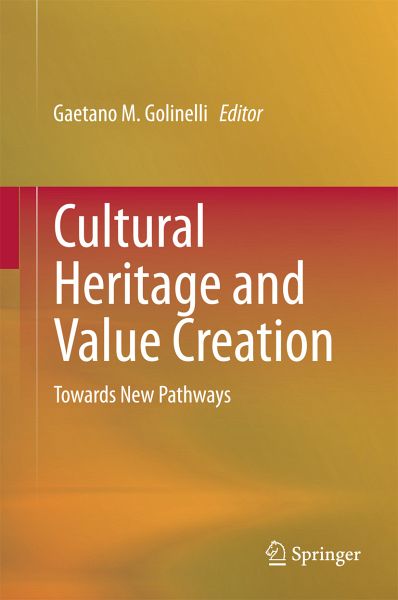
Cultural Heritage and Value Creation (eBook, PDF)
Towards New Pathways
Redaktion: Golinelli, Gaetano M.
Versandkostenfrei!
Sofort per Download lieferbar
104,95 €
inkl. MwSt.
Weitere Ausgaben:

PAYBACK Punkte
52 °P sammeln!
Informed by systems thinking, this book explores new perspectives in which culture and management are harmoniously integrated and cultural heritage is interpreted both as an essential part of the social and economic context and as an expression of community identity. The combination of a multidisciplinary approach, methodological rigor and reference to robust empirical findings in the fertile field of analysis of UNESCO's contribution mean that the book can be considered a reference for the management of cultural heritage. It casts new light on the complex relation of culture and management, w...
Informed by systems thinking, this book explores new perspectives in which culture and management are harmoniously integrated and cultural heritage is interpreted both as an essential part of the social and economic context and as an expression of community identity. The combination of a multidisciplinary approach, methodological rigor and reference to robust empirical findings in the fertile field of analysis of UNESCO's contribution mean that the book can be considered a reference for the management of cultural heritage. It casts new light on the complex relation of culture and management, which has long occupied both scholars and practitioners and should enable the development of new pathways for value creation.
The book is based on research conducted within the framework of the Consorzio Universitario di Economia Industriale e Manageriale (University Consortium for Industrial and Managerial Economics), a network of universities, businesses and public and private institutions that is dedicated to the production and dissemination of knowledge in the field.
This volume will be of interest to all who are involved in the study and management of the cultural heritage.
The book is based on research conducted within the framework of the Consorzio Universitario di Economia Industriale e Manageriale (University Consortium for Industrial and Managerial Economics), a network of universities, businesses and public and private institutions that is dedicated to the production and dissemination of knowledge in the field.
This volume will be of interest to all who are involved in the study and management of the cultural heritage.
Dieser Download kann aus rechtlichen Gründen nur mit Rechnungsadresse in A, B, BG, CY, CZ, D, DK, EW, E, FIN, F, GR, HR, H, IRL, I, LT, L, LR, M, NL, PL, P, R, S, SLO, SK ausgeliefert werden.





